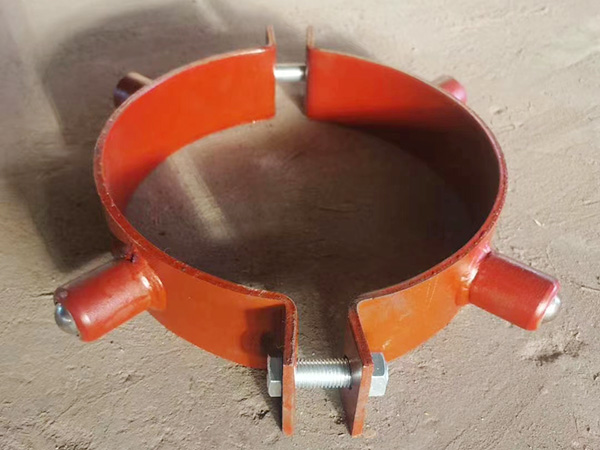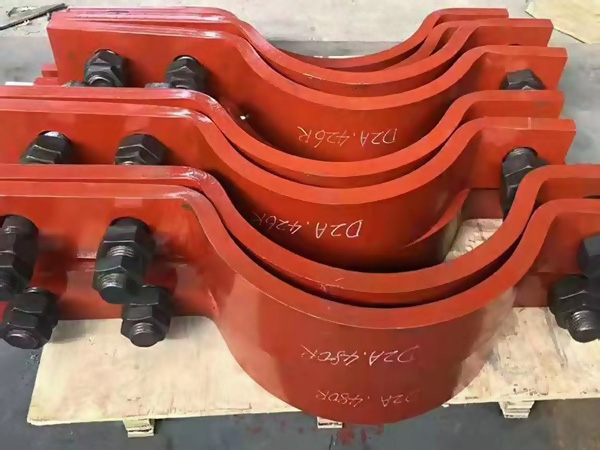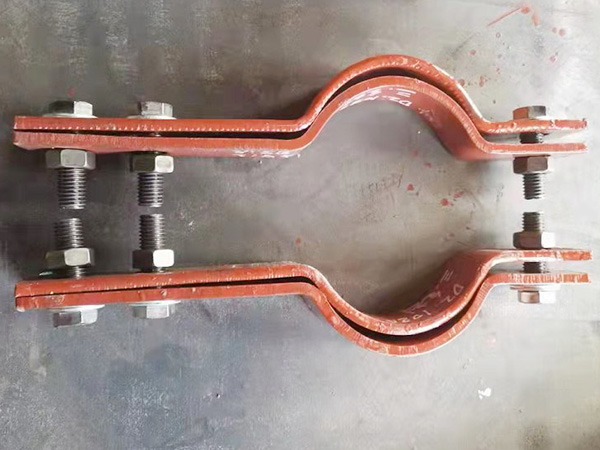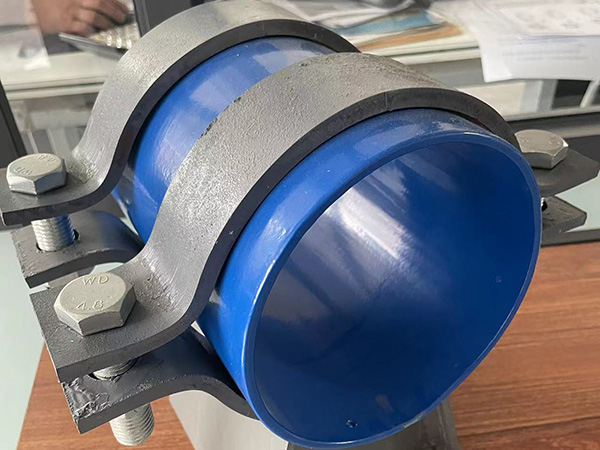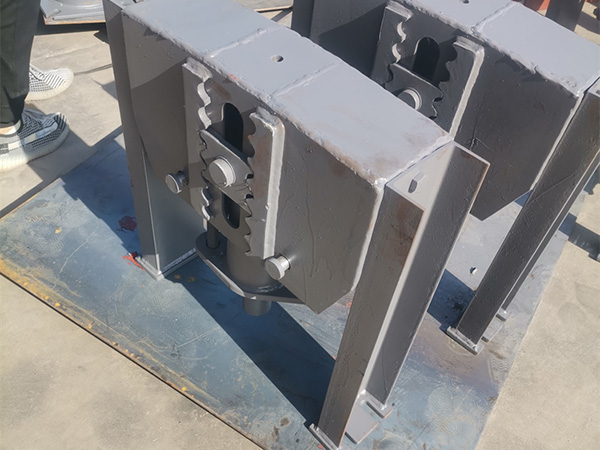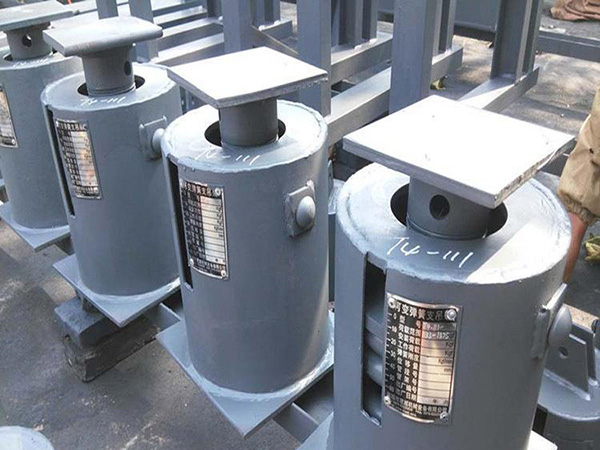Performance Differences Between Elbows Made from Different Materials
Author:Mingde Time:2025-04-28 17:50:52 Click:82
Performance Differences Between Elbows Made from Different Materials
Pipe elbows are critical components used to change the direction of flow in piping systems. Their performance varies significantly depending on the material used in their construction. Different materials offer distinct advantages in terms of mechanical strength, corrosion resistance, temperature tolerance, and application suitability. Below is a comparative overview of the most commonly used materials for manufacturing pipe elbows and their key performance differences.
1. Carbon Steel Elbows
Performance Characteristics:
Strength and Durability: Carbon steel elbows offer high mechanical strength and are well-suited for high-pressure and heavy-load applications.
Temperature Resistance: They perform reliably in moderate to high-temperature environments.
Cost-Effectiveness: Carbon steel is more affordable than alloy or stainless steel, making it a cost-efficient choice for industrial systems.
Corrosion Resistance: Poor; requires external coatings or linings to prevent rust, especially in wet or corrosive environments.
Applications:
Oil and gas pipelines
Water and steam systems
Structural and mechanical systems
2. Stainless Steel Elbows
Performance Characteristics:
Corrosion Resistance: Excellent resistance to rust, chemicals, and moisture, making them ideal for harsh or sanitary environments.
Strength and Ductility: High tensile strength with good ductility; retains performance across a wide range of temperatures.
Temperature Resistance: Performs well in both low and high-temperature applications.
Hygienic Surface: Smooth surface reduces bacterial growth, suitable for food, pharmaceutical, and cleanroom environments.
Applications:
Chemical and petrochemical industries
Food processing and dairy plants
Marine and offshore installations
Pharmaceutical and clean water systems
3. Alloy Steel Elbows
Performance Characteristics:
Enhanced Strength: Alloy elements such as chromium, molybdenum, and nickel improve hardness, strength, and fatigue resistance.
High-Temperature Resistance: Performs excellently in high-temperature and high-pressure systems.
Wear Resistance: Superior resistance to abrasion and mechanical wear compared to carbon steel.
Moderate Corrosion Resistance: Better than carbon steel, though not as resistant as stainless steel.
Applications:
Power plants and refineries
High-pressure steam and gas systems
Equipment requiring elevated mechanical performance
4. Cast Iron Elbows
Performance Characteristics:
Brittle but Strong in Compression: Cast iron has good compressive strength but is brittle under tension or impact.
Corrosion Resistance: Reasonable resistance in non-aggressive media, especially when lined or coated.
Cost: Economical for low-pressure applications.
Limitations: Not suitable for systems with high vibrations or shock loads.
Applications:
Low-pressure drainage and waste systems
Municipal water supply
HVAC systems
5. Plastic (PVC/CPVC/PP) Elbows
Performance Characteristics:
Corrosion-Free: Inherently resistant to most acids, bases, and chemicals.
Lightweight and Easy to Install: Significantly lighter than metal elbows, making handling and installation easier.
Temperature and Pressure Limits: Lower resistance to high temperatures and pressure compared to metal elbows.
Insulating Properties: Excellent electrical and thermal insulation.
Applications:
Domestic plumbing
Chemical handling in non-pressurized systems
Wastewater and irrigation systems
 Hot Products
Hot Products
 Contact Us
Contact Us
Contact:
Mobile:+86 +86 19133378808
Website:mingdepipe.com
Address:


